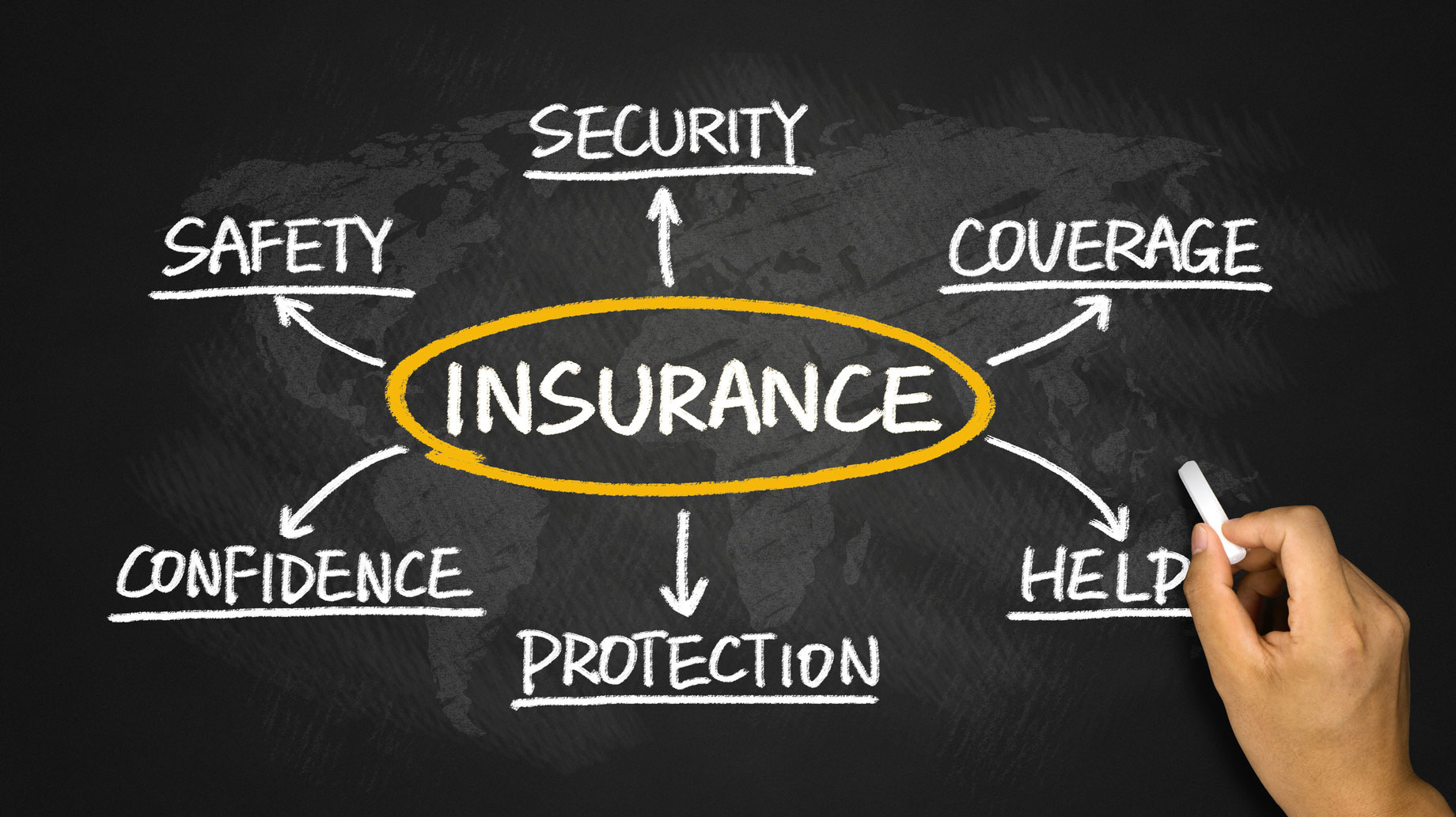

A necessary evil, insurance for your tour business is crucial. Here’s our quick guide on what you need and why you need it. Insurance varies by region and so the below is a general guide. You will need to check your local legislation what you are required by law to hold. We have not included any specific insurances for vehicles/premises or company directors liability in this guide. As we grow, though, we will be producing thorough guides for all your needs. As well as partnering with insurance providers worldwide to offer you the best advice and some great deals. Must haves General public liability insurance (often called tour operator liability insurance) Public liability insurance is, without doubt, one of the most important insurance types for tour operators to have. Public liability insurance is considered mandatory for tour operators in the majority of countries worldwide. Tour operator’s liability is designed to defend tour operators if you fail to supply what the customer was expecting, or if something goes wrong on the trip for which the customer holds you responsible. Public liability insurance protects the company against damage to third-party property and bodily injury. This includes damage or injury sustained by a client or the general public due to the supplier. It usually also covers legal costs you may incur from defending your company against any of these third-party claims. When applicable, this type of insurance then covers the third party's damages, injuries or settlements. Crisis Insurance is often covered as part of your liability insurance, if it’s not you may want to take it out separately (check with your broker). It does depend on what type of tour/activity you’re operating, but you have to force yourself to think of the worst possible case scenario … probably a vehicle crash with multiple customer fatalities/seriously injured, lots of press attention etc. The crisis element to your insurance policy will provide cover for things like PR support, phone lines for relatives, travel and accommodation for relatives etc. Professional indemnity insurance (sometimes called errors and omissions insurance) A good tour operator’s policy will often combine professional indemnity with public liability insurance, check you policy or with your broker. Indemnity insurance protects you from claims that may result due to mistakes or failure to meet the demands of a signed contract. Running tours is a demanding business and if (when!) Mistakes occur they can potentially be very damaging, both reputation and financially. This type of insurance helps mitigate the risks of damage to the business due to errors and omissions. You may want to consider … Cyber Liability Insurance As the majority, if not all, of your business now is conducted digitally, your customer’s personal information or payment details are continually at risk of being stolen, or accidentally released! So, cyber liability insurance is probably a wise investment. In the event of a data breach or other cyber threat, this type of insurance will help manage and mitigate the costs associated with it. Just as technology continues to advance, so does the complexity of possible online risks and the skills of hackers. It's impossible to always stay ahead of these risks, but it is always possible to prepare for the worst-case scenario. Business interruption insurance (often called Business Continuity Insurance) If your office/hub/garage has to close for any period of time, you will likely incur additional cost or lose business. Business interruption insurance covers any lost revenue, expenses and the costs of operating out of a temporary location due to physical damage from an insurable event. (Business interruption insurance is usually an add-on to commercial property insurance.) Kidnap and Ransom insurance Probably the lowest risk for most operators, but in many parts of the world, the threat is real and ever present. Kidnap and ransom insurance protects individuals working for your tour company from kidnappings and extortion. Insurance is available to reimburse losses incurred by you when these events occur. While insurance policies do not pay the actual ransom, they can reimburse the ransom paid. They also cover expenses from accidental death, legal liability, medical care, losses due to the unsuccessful transit and transfer of ransom money and the disruption of business operations. Commercial crime insurance If you employ/contract outside individuals, you might want to look into commercial crime insurance. Of course, we want to trust our recruitment methods and therefore trust our workers, but, as many of us know all too well, some employees can deceive us. Commercial crime insurance covers financial losses if an employee, or contractor, steals from your business. These policies often cover employee dishonesty, damage to property by an employee, fraud and other monetary crimes. Unfortunately, it's usually better to be safe than sorry. As ever, if you need advice, or pointing in the right direction, just reach out.
Comments